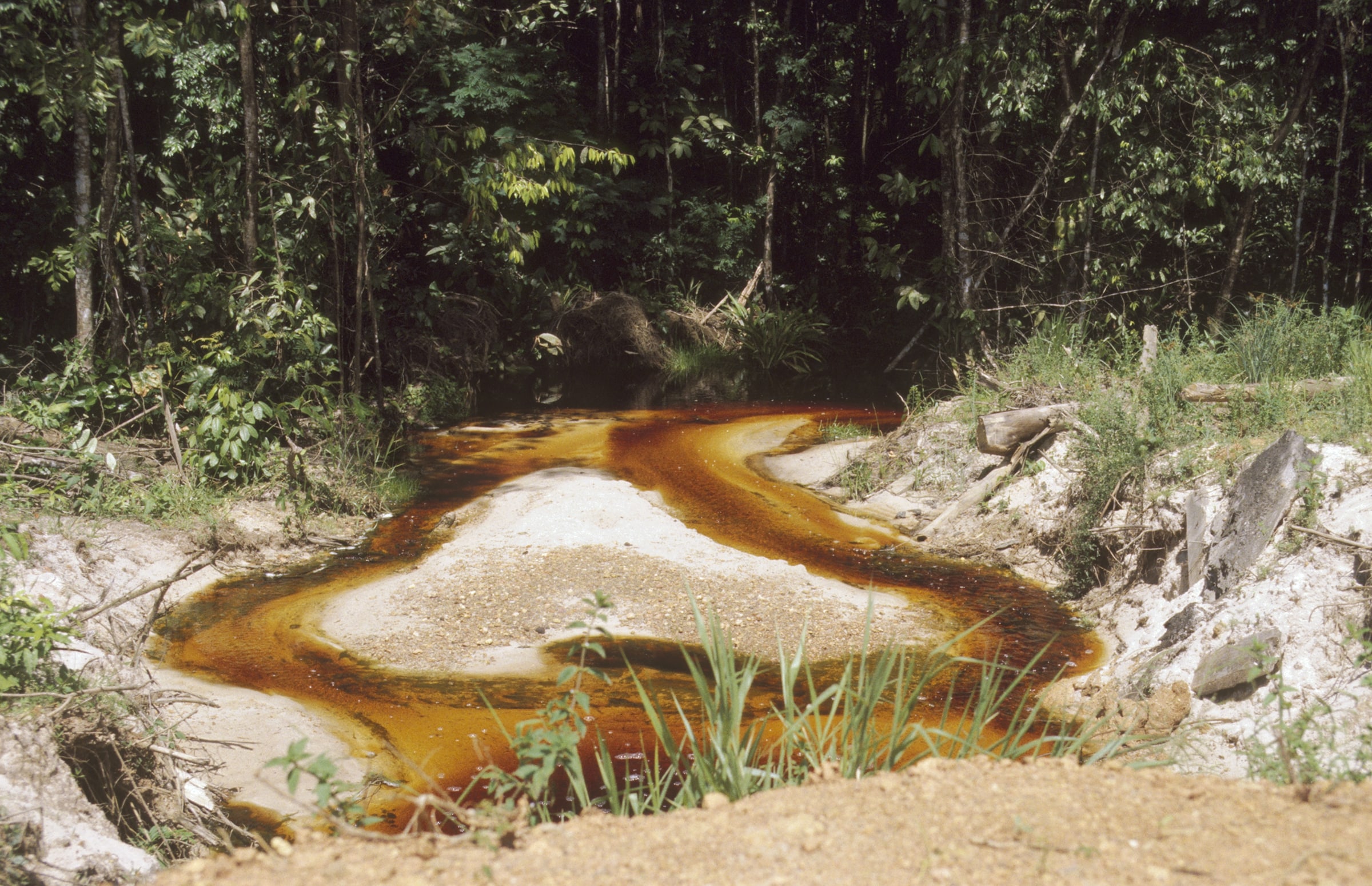Hybrid Format: Online, and if conditions allow it, also in person events; both public and closed events
TAKING CARE - Ethnographic and World Cultures Museums as Spaces of Care, involves a set of speculative inquiries into the ways in which ethnographic and world cultures museums, their histories and their collections, can be refashioned to address the growing precarity of our planet and the plurality of our human and non-human world. The project starts from the acknowledgement that a complicit relationship exists between these kinds of museums and Europe’s colonial project. We are interested in “mining the museum”, connecting the objects within these collections to longer histories of resource extraction, of species extinction, of human and cultural degradation. At the same time, it takes these collections as possible sites for reimagining other more caring relationships, more careful futures. Central to these speculations is to ask how to do this without re-inscribing earlier exploitative orders and imperial rights.
The Research Center for Material Culture (RCMC), the research institute of the Nationaal Museum van Wereldculturen, the Tropenmuseum, the Museum Volkenkunde, the Afrika Museum, and the Wereldmuseum in Rotterdam will host the upcoming workshop planned for 23-25 September 2020, in Leiden, the Netherlands, and tentatively titled “Caring Matters.” Already, we have confirmed several speakers for the workshop. We will know more definitively in the upcoming weeks how and when our inquiries shall take place. That said, as we imagine travel and group gatherings will continue to be challenged, and even impossible, from the get-go we are thinking about different models for this event including an on- and offline format. As such, we are exploring other formats and options, and shall keep you posted on these as they develop.
Whichever form our event or intervention takes at the Nationaal Museum van Wereldculturen, our hope is to engage the following inquiries:
- How might we think the museum’s histories and practices of collecting and displaying in rapport with colonialism’s destructive and extractive economies (i.e. mining, minerality, exploitation of the earth’s resources, both human and non-human)?
- What might such a turn do for museums as they become sites for fashioning more sustainable planetary futures?
- If indeed we take the objects of our collection as sources of knowledge, as treasures that hint to how we might better care for our planet, then how might we engage such knowledge without reproducing earlier forms of violence and extraction?
- How might we better center, dialogue with, and present the more reciprocal relationships between and among object, person, and indigenous and syncretic thought systems in such a way so as to avoid constantly reproducing Michel-Rolph Trouillot’s now well-known adage of ‘the Savage slot,’ so ingrained in European approaches to those who are not-understood-as-European?
- How do we care for knowledge holders and craftspeoples, as we also preserve objects?
- What does it mean to think about the condition in which these objects have been made, thinking perhaps about uneven distributions of labor and compensation from Marxian, neo-Marxian, and non-Marxian perspectives?

Our hope is that this workshop, like the TAKING CARE project as a whole, will open museums up to contribute more critically to how we understand the brutal legacies of colonialism on our earth and learn to better pay attention to the wisdom that peoples the world over have nurtured, adapted, and applied to dealing with such violence. Indeed, our hope is to fashion more caring and careful museum practices.
With more in the weeks to come, and please do not hesitate to contact us. You may reach the organizers of the September event: alessandra.benedicty@wereldculturen.nl or wayne.modest@wereldculturen.nl with any questions.